
Do you have questions about divestment and socially responsible investment?
The Land Trust Alliance provides some thoughtful information on their climate change website about divestment and socially responsible investment. You may find it helpful when discussing whether this is a path your land trust wants to take as a moral, ethical, and financial statement.
As the financial world looks at the risks associated with fossil fuels, others are considering different investment strategies, as noted in this article earlier this year from Forbes.
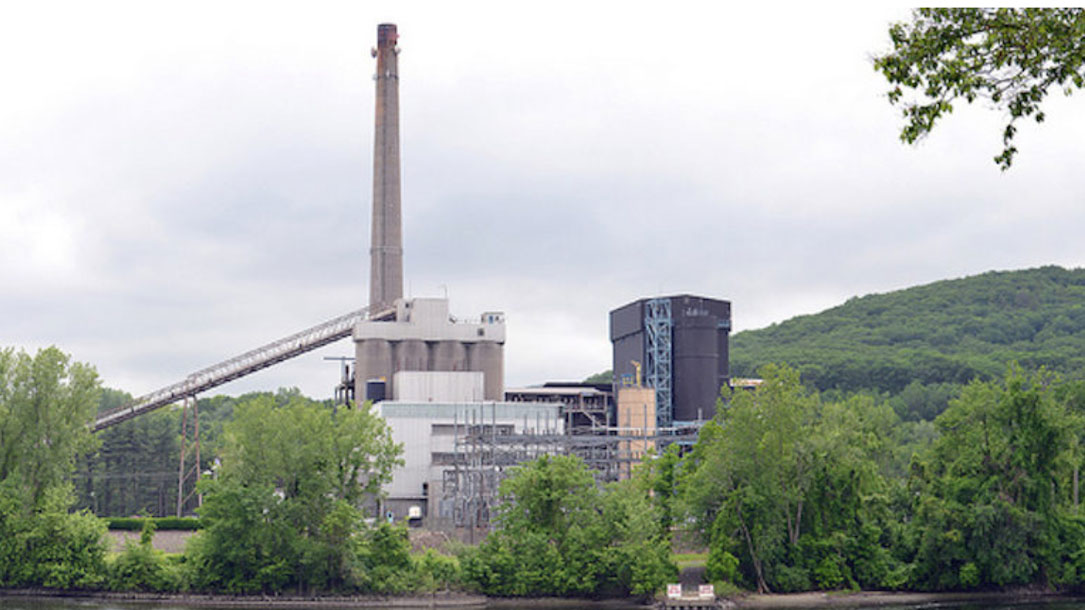
Example: Kestrel Land Trust takes action against climate change with fossil fuel divestment
Kestrel’s mission to conserve and care for forests, farms, and riverways in the Pioneer Valley protects the future health of our planet. They state that “the work we do is impacted by—and has an impact on—the crisis of climate change that is now defining our future. The overwhelming scientific consensus is that the burning of fossil fuels is warming our planet and threatening our global life support systems.
That’s why Kestrel’s Board of Trustees voted to eliminate equity holdings in companies owning fossil fuel reserves in all of the long-term endowment accounts that support their work…”

Climate change is here, and it’s becoming harder to farm successfully
Your average farmer may not want to hear about climate change (do any of us, really?) or global warming, but their livelihood puts farmers smack in the crosshairs of the weather, and many of them are already being affected.
Changes in the timing of rains, the frequency and intensity of droughts, floods, heat waves, intense winter blizzards, hurricanes, and tornadoes, as well as the spread of previously unfaced pests and diseases are now become daily and yearly challenges for farmers in many areas around the world.

Five reasons farmers love wind & solar
If we are going to reduce coal, oil, and natural gas — to save thousands of species from extinction and avoid significant agricultural damage and loss due to extreme weather – plus find ways to make family farms viable in a changing climate, we are going to have to rethink how solar and wind are compatible with our conservation and community goals.
Check out five reasons why farmers often embrace wind and solar. Land trusts can help communities understand that the alternative to gearing towards renewables is often going out of business, selling for development, and family economic stress.
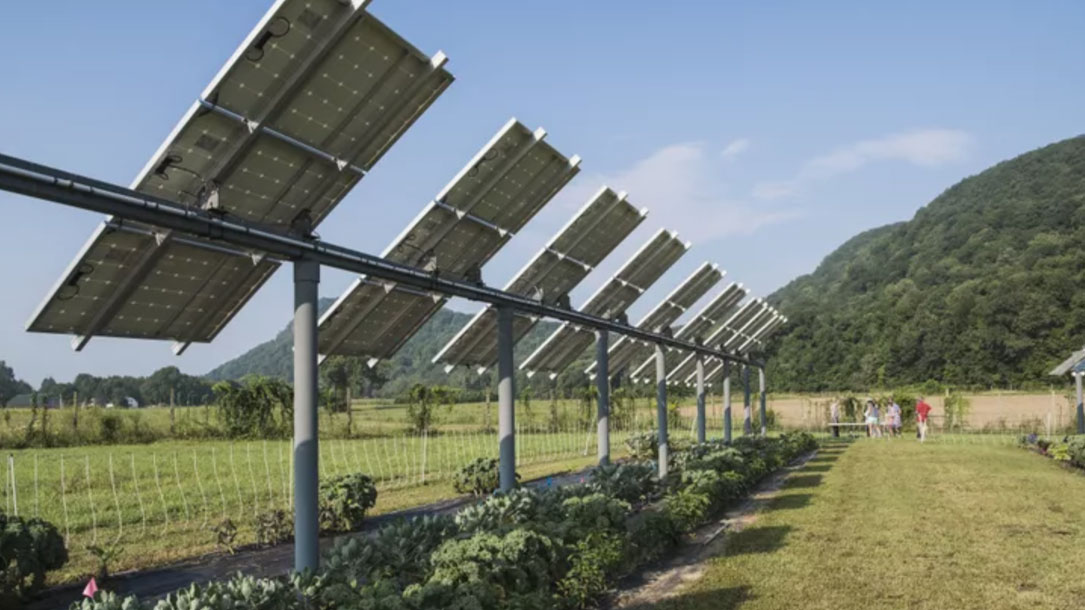
Solar for conservation
Gallatin Valley Land Trust is proud to have conserved over 45,000 acres across their region. While protecting land from development and fragmentation is the first step, protecting the ecological integrity of our natural resources is equally as important. This is why they’re proud to announce a partnership with On Site Energy.
What’s the connection between land conservation and solar energy?
Fish need cold, clean water to survive, and rivers need high altitude snow pack to keep them flowing through hot summers. Ranchers and farmers also depend on the availability of that water for irrigation, and wildlife depend on the intricate balance of the changing seasons to maintain viable habitats…
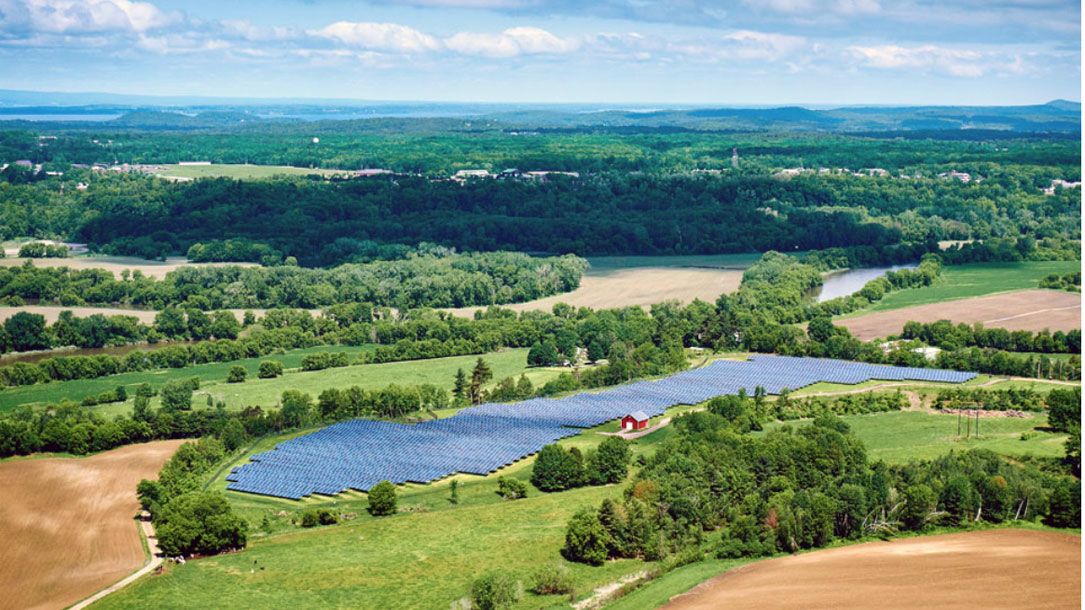
Whitcomb Farm Solar
Dairy prices are dropping through the floor, crop farmers are grappling with extreme weather, and farmer and rancher stress is increasing. For some, renewable energy options can mean the farm or ranch can continue as a working and the family can stay intact.
Established several years ago, in conjunction with a conservation easement in partnership with the Vermont Land Trust, the Whitcomb Farm Solar project is an example of land conservation and renewables working together, to keep the farm intact…
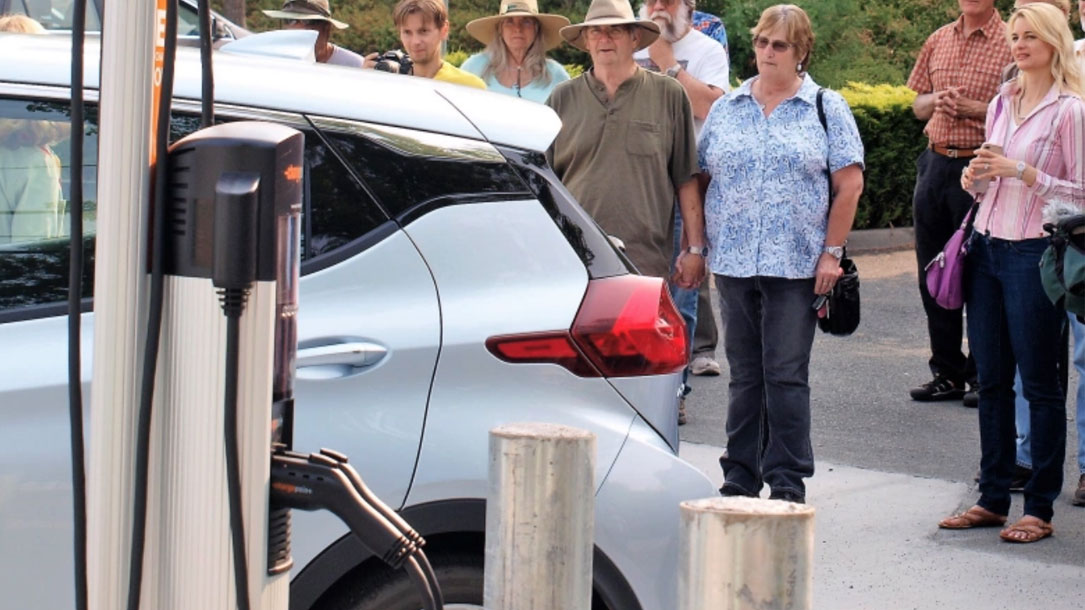
Encouraging electric vehicles
Mendocino Land Trust understands that much of its conservation work—and future conservation success—depends on the U.S. reducing its use of fossil fuels. They are doing their part by increasing the number of charging stations in their region, particularly around parks and community lands…
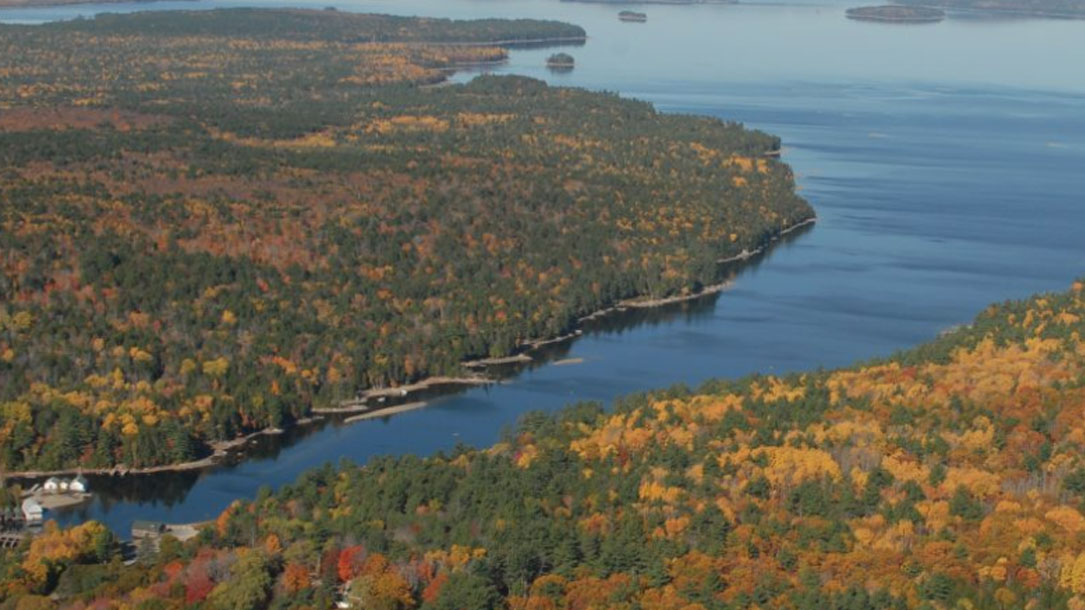
Carbon markets conserve land, reduce climate pollution
Downeast Lakes Land Trust began evaluating its potential to participate in the carbon market in 2009 and entered a partnership with Finite Carbon in 2010. Finite Carbon Corporation is a forest carbon development company that partners with landowners to create and monetize carbon offsets.
Carbon offsets enabled a small, rural community land trust to conserve a large amount of land, protecting it from fragmentation and conversion to other uses…
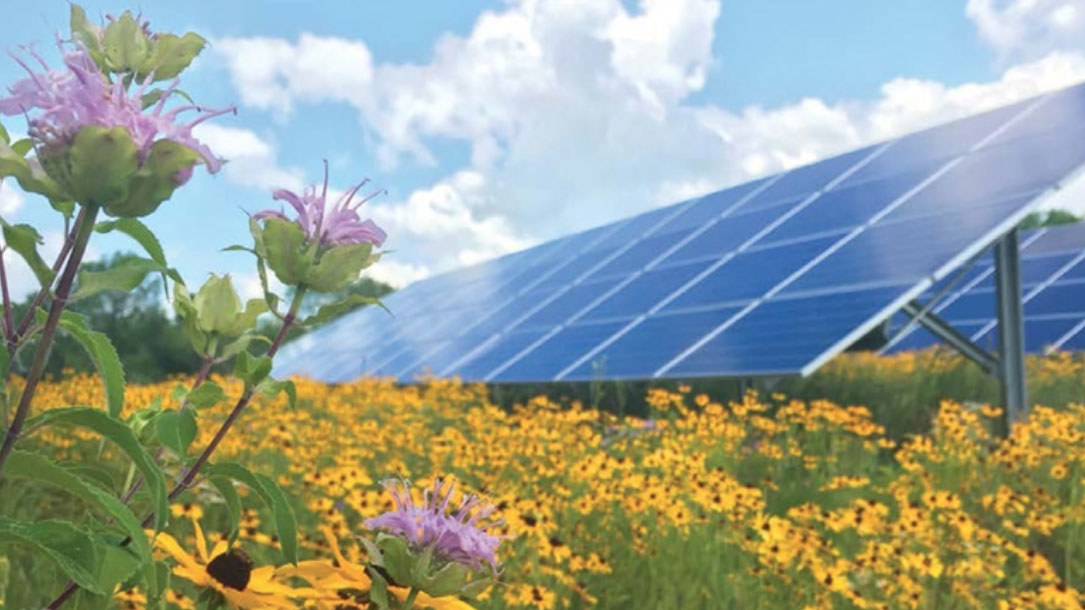
A regional land trust works to combat climate change with guidelines for building clean energy
Scenic Hudson has developed siting and design principles for renewable energy development to help stakeholders find common ground in a regional model for increased renewable energy development that also protects natural and economic resources:
- Prioritize development on previously disturbed areas
- Protect agricultural lands and promote co-location
- Protect natural beauty protect ecological resources
- Protect historic and cultural resources
- Maintain the purpose of conserved lands
- Avoid and minimize new transmission and distribution lines
- Use construction and operation best practices
- Promote sustainable renewable energy development through planning and zoning
Perhaps your land trust or community would find these guidelines helpful.

Michigan farmers, residents, praise wind power
Farmers are committing suicide in record numbers—in the US and around the world. Crop and water disasters are a major part of this, resulting in loss of income, massive debt, and unending despair. For some, “farming energy” with solar and wind, along with more traditional agricultural products, may avoid the unhappy reality of selling for development.
“For those committed to farmland conservation programs, Mills said, wind farms and wind turbines help keep farmers living on their farm lands, help attract and retain younger people, and help provide diversified funding streams…”
- « Previous
- 1
- 2
- 3
- 4
- Next »












